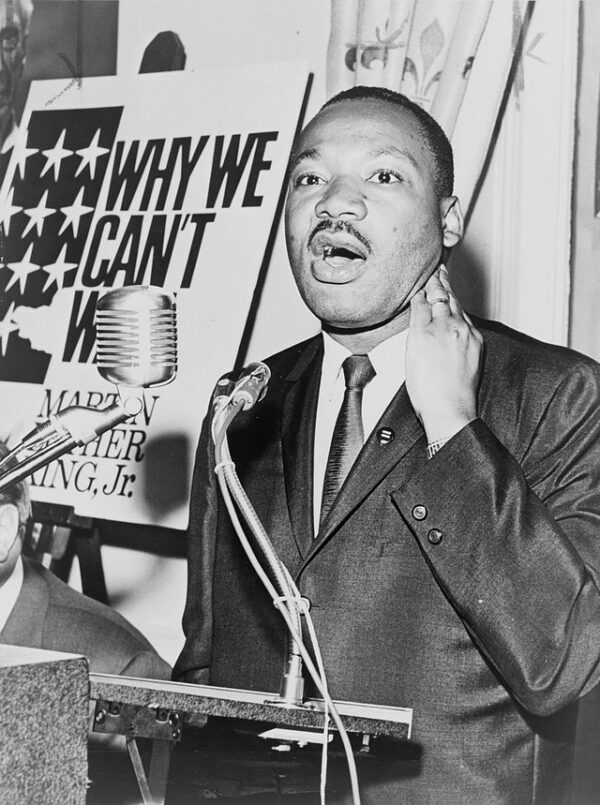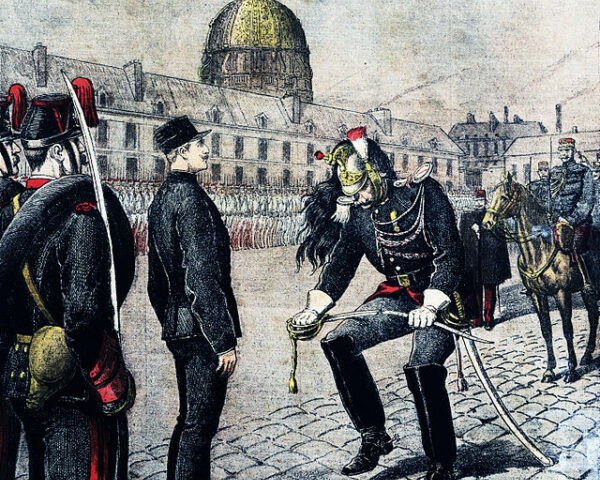“Letter from Birmingham Jail” is one of Martin Luther King Jr.’s most renowned works, crafted during his imprisonment in April 16, 1963. It’s a powerful testament to the civil rights movement and King’s philosophy of nonviolent resistance.
In his letter, King addressed criticisms from fellow clergymen who advocated for patience and gradual change, rather than immediate action. He defended his strategy of nonviolent protest, drawing upon moral, ethical, and theological arguments to justify civil disobedience in the face of unjust laws.
He masterfully appealed to both reason and emotion, weaving together references to history, philosophy, and religion to underscore the urgency of the civil rights cause. He spoke directly to the moral conscience of his audience, urging them to recognize the inherent injustice of segregation and to take action against it.
One of the most poignant aspects of the letter is King’s emphasis on the interconnectedness of humanity. He wrote, “Injustice anywhere is a threat to justice everywhere,” highlighting the universal significance of the civil rights struggle and the moral obligation to fight against oppression.
The preacher-turned-activist also addressed the criticism of his involvement in protests as an outsider, arguing that injustice anywhere justifies intervention everywhere. He invoked the biblical story of the Good Samaritan to illustrate the importance of crossing boundaries and helping those in need, regardless of one’s background or affiliations.
Moreover, King critiqued the notion of “wait” advocated by the clergy, arguing that justice delayed is justice denied. He emphasized the urgency of the moment, citing the suffering of African Americans under segregation and the need for immediate action to address their grievances.
Throughout the letter, King employed rhetorical devices such as parallelism, repetition, and analogy to drive home his points and evoke empathy from his audience. His eloquent prose and impassioned plea for justice made “Letter from Birmingham Jail” a timeless masterpiece of rhetoric and activism.
King’s letter became a manifesto for the civil rights movement, articulating its goals, strategies, and principles. He advocated for nonviolent direct action as a means of bringing about social change, challenging the status quo, and dismantling institutionalized racism.
Finally, the civil rights leader addressed the tension between law and justice, arguing that not all laws are morally justifiable and that individuals have a duty to disobey unjust laws. He invoked the example of historical figures such as Socrates, Jesus, and the early Christians who were willing to face persecution for their beliefs.
“Letter from Birmingham Jail” instantly became a classic American of letters. It served as a powerful reminder of the moral imperative to confront injustice wherever it exists and to strive for a society based on principles of fairness, compassion, and human dignity.






